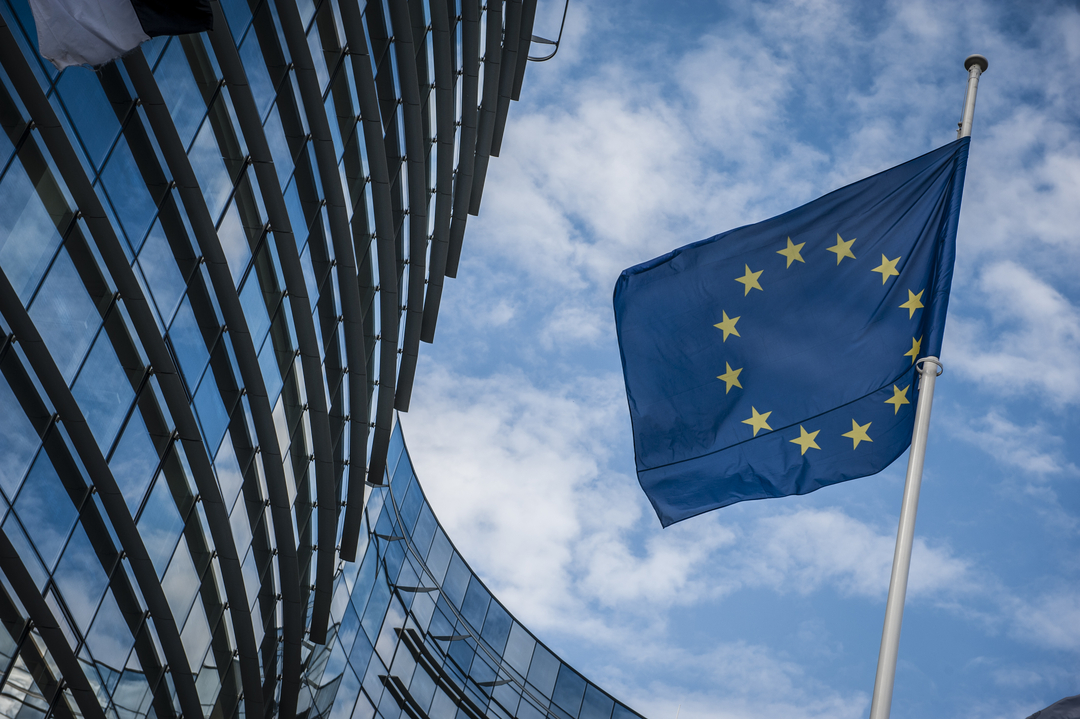

Image credit: European Commission
The European Union has extended its financial sanctions on Russia to include crypto-wallets, in an effort to address concerns that cryptocurrencies could be used to circumvent existing measures.
The new measure, passed by EU member states on Friday, will “contribute to closing potential loopholes” in existing restrictions, the European Commission said.
The Council of the EU, which represents the bloc’s national governments, said the new measures extend a prohibition on deposits to crypto wallets.
The measures are designed to prevent Russians from moving money abroad, and form part of broader sanctions imposed on Russia in the wake of its February invasion of Ukraine.
The Commission has previously said that cryptocurrencies were already included in existing asset freezes. On 9 March it extended the definition of “transferrable securities” to include virtual assets.
European Central Bank President Christine Lagarde recently warned crypto-assets were being used to evade sanctions.
In March Alexander Yakubovsky, a member of the State Duma, the lower house of the Russian parliament, told local media that cryptocurrencies could be used to connect Russia to the global financial system in spite of sanctions, and said Russia should work to set up its own domestic crypto exchange infrastructure.
He told the Parlamentskaya Gazeta that the “competent development of digital financial assets will minimise the damage from sanctions against the country”.
Ukraine has also used cryptocurrencies as a way of quickly receiving cross-border funds, after calling for donations to state-operated crypto-wallets.
The EU’s crypto rules form part of the bloc’s fifth package of sanctions on Russia since the invasion.
Other measures introduced at the same time included bans on four Russian banks, coal imports and offering advice on wealth-concealing trusts to wealthy Russians.
One of the banks included in the ban, VTB, holds 23 percent market share in the Russian banking sector.
The banks have already been cut off from the international bank messaging system SWIFT and the new asset freeze is designed to completely cut them off from EU markets, the Commission said.
The EU also said it was banning the sale of banknotes and transferrable securities, such as shares, denominated in any of the official currencies of its member states to Russia and Belarus.
American space agency prepares for testing of Boeing's Starliner, to ensure it has two space…
As UK and Europe develop closer military ties, European Commission says it will invest €1.3…
Zuckerberg seeks to revive Facebook's original spirit, as Meta launches Facebook Friends tab, so users…
Notable development for Meta, after appeal against 2021 WhatsApp privacy fine is backed by advisor…
First sign of shake-up under new CEO Lip-Bu Tan? Three Intel board members confirm they…
Trump's nominee for SEC Chairman, Paul Atkins, has pledged a “rational, coherent, and principled approach”…